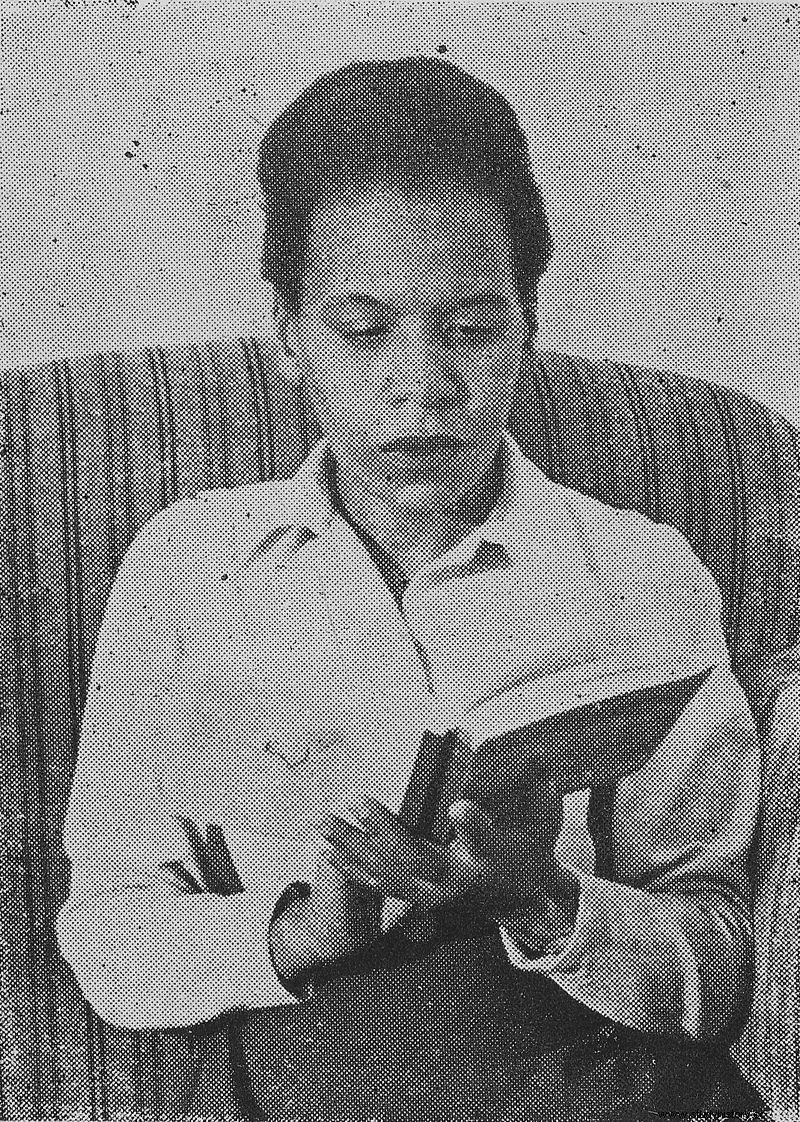Black Uruguayan woman of letters, Virginia Brindis de Salas (1908 – 1958) has been dubbed “the most militant of Afro-Uruguayan writers”. His work focuses on describing and denouncing the social situation of blacks in Uruguay.
The Afro-Uruguayan community

Daughter of María Blanca Rodríguez and José Salas, Virginia Brindis de Salas was born as Iris Virginia Salas on September 18, 1908 in Montevideo, capital of Uruguay since 1828. The country was gradually colonized from the 16th century. in the 18 th centuries by the Spaniards against a backdrop of rivalry with other European colonial powers - Portugal, United Kingdom -. The natives – Charrúa, Chaná, Arachán, Guarani – gradually disappear, massacred by the settlers or decimated by diseases from Europe. African slaves are then forcibly taken to Uruguay to serve mainly as servants.
In 1800, the population of the Viceroyalty of the Río de la Plata (comprising territories of present-day Argentina, Uruguay, Paraguay, Bolivia, Chile and southern Brazil) was made up of approximately one third of slaves of African origin. Slavery was gradually abolished from the beginnings of independence in 1830, but it was not until 1853 that the abolition was really complete and effective. Virginia was born some fifty years later, in an independent Uruguay in which the Afro-Uruguayan community – of which she is a part – is gradually integrating into society while facing many inequalities and injustices.
The first black woman published in South America
Very little is known about the existence of Virginia Brindis de Salas. A woman of letters, she contributed actively between 1939 and 1948 to the Afro-Uruguayan artistic journal Nuestra Raza, founded by the poet Pilar Barrios and her sister Maria. It belongs to the Círculo de Intelectuales, Artistas, Periodistas y Escritores Negros (CIAPEN – circle of black intellectuals, journalists and writers), aimed at bringing together and supporting Afro-Uruguayan artists and intellectuals.
In 1946, Virginia published a first collection of poems, Pregón de Marimorena , which makes her the first black woman to forget a book in South America. The work attracted the attention of Gabriela Mistral, a Chilean poet and winner of the Nobel Prize in Literature the previous year, who congratulated her on her work, assured her that her texts were known in the United States and encouraged her to the voice of the Afro-Uruguayan community. Three years later, Virginia publishes Cien Cárceles de Amor (one hundred prisons of love), divided into four sections, each representing a type of African music.
Virginia's work
The literary work of Virginia Brindis de Salas claims her pride in being black and also rises up against the injustices encountered by the Afro-Uruguayan community, particularly in access to education, to work... Through her texts, she calls for social change in Uruguay and claims the right to dignity and equality.
Cantos
En los bosques seculares
of Africa Virgin
Donde el león y el fiero jackal
aterran al hummingbird.
Con las aves de los trópicos
hace el plumaje altanero.
Y donde canta el jilguero,
allí fue donde nací.
Si el sol, sol tostó
a mi frente, no igual a
mi corazón.
Inspiration
de esta gran familia humana.
Aprendiendo los deberes
niggas:no rechacen los placeres
que ensanchan al corazón.
NEGRO:SIEMPER SAD
Tristezas de negros
tu canto es pain, silence,
humildad.
No cruces los brazos;
los negros no deben cruzarlos
never.
You antepasados los cruzaron ya . . .
Por temor al amor, por esclavitud
negro sad olvida . . .
Los buques negreros, aquellas sentinas oscuras
del barco, horrores, el chamber,
sufridos nitrogens, olvídalo todo;
que lentamente viene, la ansiada libertad
(Virginia Brindis de Salas – Cien Cárceles de Amor )
(In ancient forests
of virgin Africa
Where the fierce lion and jackal
terrifies the hummingbird.
With the birds of the tropics
With haughty plumage.
And where the goldfinch sings,
This is where I was born.
If the sun, the sun burned
my forehead, and no
my heart.
On inspiration
of this great human family.
learning homework
black people:do not reject the pleasures
that expand the heart.
BLACK:ALWAYS SAD
sadness of blacks
your song is pain, silence,
humility
Do not cross your arms;
Blacks must not cross them
never
Your ancestors have already crossed them. . .
For fear of love, because of slavery
The sad black forgets. . .
The slave ships, those black holds
of the ship, the horrors, the hunger,
violence, forget everything;
Let it come slowly, the longed-for freedom!)
Virginia Brindis de Salas died on April 6, 1958 in Montevideo, at the age of 49.
